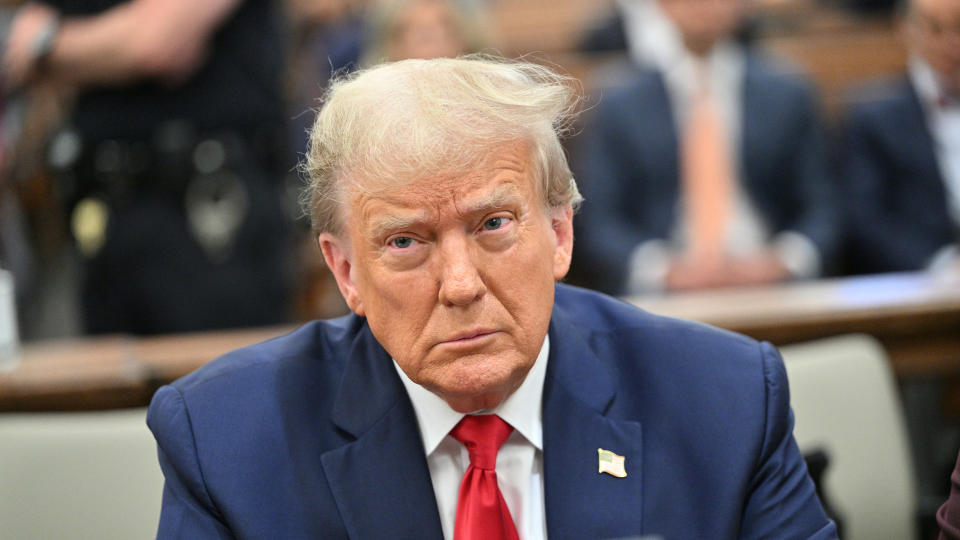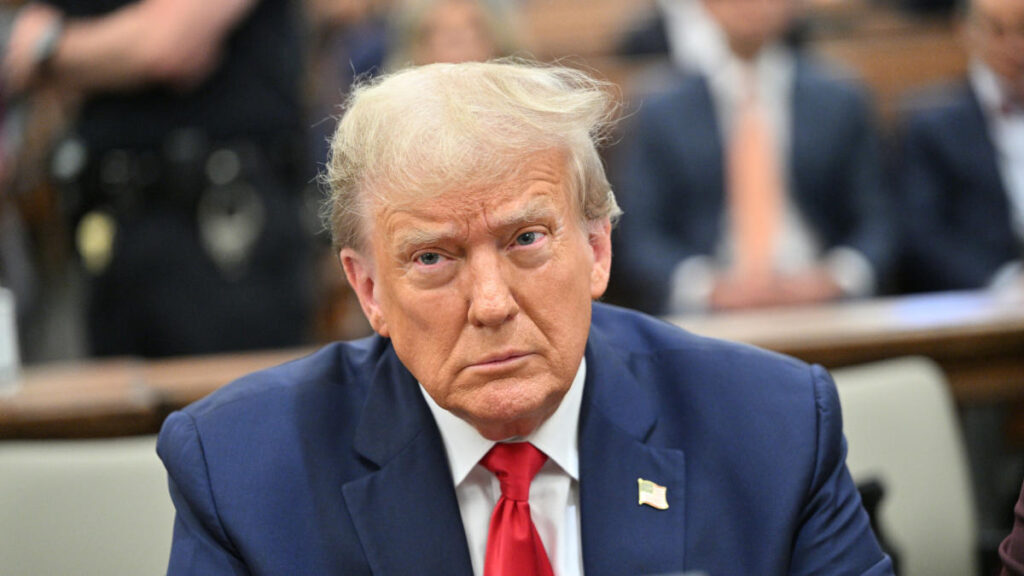
Donald Trump has had a turbulent career, and from inheriting his father's real estate business, the former president's path to where he is today was anything but predictable.
Let's find out: How rich is Donald Trump?
Read more: 4 genius things wealthy people do with money
GOBankingRates is taking a closer look at the former president's financial milestones, from his first Manhattan real estate deal to his casino bankruptcy.
We'll also look at how President Trump's reelection could affect inflation.
19th Century: The Trump Family Legacy
Donald Trump's grandfather, Frederick Trump, reportedly ran an inn and restaurant that served miners during Canada's Klondike Gold Rush. When Frederick died, he left an estate worth about $500,000 (in today's dollars) to his heirs, including his son Fred Trump, Donald Trump's father. This early inheritance helped establish the Trump family's foothold in real estate and the hotel industry.
Read more: Trump administration tax cuts expire — how the changes affect retirees
1920s: Fred Trump's real estate success
Fred Trump used his inheritance to become a highly successful builder in the suburbs of New York City, building single-family homes in Queens in the 1920s and pioneering the supermarket concept with Trump Markets during the Great Depression.
Fred's biggest payday came in 1949, when he secured a government loan to build the Shore Haven Apartments in Brooklyn, enabling him to build the apartments at a significantly lower cost.
1970s: Donald Trump joins the family business
Born in Queens in 1946, Donald Trump joined his father's real estate company early in his career. Dreaming of making the Trump brand synonymous with luxury around the world, Donald used his father's business connections and credit to borrow $1 million and enter the Manhattan real estate business in the mid-1970s. The loan helped launch his building and development ventures.
1976: Commodore Hotel Deal
In 1976, Donald Trump partnered with his father and Hyatt to purchase the rundown Commodore Hotel near New York's Grand Central Terminal for $79 million. Trump negotiated with banks and the city to secure financing to transform the hotel into the Grand Hyatt Hotel. He reportedly sold his share of the successful hotel in 1996 for $142 million.
1982: First appearance on the Forbes 400
In 1982, Donald Trump and his father, Fred, debuted on the Forbes 400 list of America's richest people. At the time, father and son had a combined estimated net worth of $200 million, according to Forbes.
1991: Bankruptcy No. 1
In 1991, the corporations that owned Trump's Atlantic City casinos filed for Chapter 11 bankruptcy protection, prompted by $3 billion in debt from the newly opened Taj Mahal casino, as well as $900 million in personal debt. To emerge from bankruptcy, Trump had to give up valuable personal assets, including the Trump Shuttle airlines, the Trump Princess mega yacht, and more than half of his stake in the casino company.
1996: Wall Street 40 Acquisition
Another of Trump's big successes has been his purchase of 40 Wall Street, once the tallest building in the world. This prime Financial District property was recently estimated to be worth more than $500 million, making it one of Trump's most lucrative real estate deals, although Trump does not own the building, only has a lease on it.
Early 2000s: Claimed to be a billionaire
During his presidential campaign, Trump claimed to have a net worth of more than $10 billion, although Forbes and Bloomberg magazines have published much lower estimates of his wealth. While estimates vary, Trump likely achieved billionaire status in the early 2000s due to the dramatic increase in the value of his real estate holdings around the world and other businesses at the time.
2004: Bankruptcy No. 2
Trump Hotels and Casino Resorts, the corporation that owned Trump's Atlantic City casinos, entered Chapter 11 bankruptcy for a second time in 2004 after the casinos' continuing woes caused the company to accumulate roughly $1.8 billion in debt. The bankruptcy further reduced Trump's stock holding in the business.
2004-17: The success of 'The Apprentice'
As the host and executive producer of the hit reality TV show, “The Apprentice,” Trump makes $1 million per episode. According to The New York Times, over its 185 episodes from 2004 to 2017, “The Apprentice” earned Trump a staggering $197 million for his role on the show.
2009: Bankruptcy No. 3
The third and final bankruptcy involving Trump's Atlantic City casinos came in 2009 when Trump Entertainment Resorts missed $53 million in interest payments on debt in the wake of the financial crisis. That bankruptcy wiped out the remaining minority interests in the casinos that Trump began buying in 1988.
More from GOBankingRates
This article originally appeared on GOBankingRates.com: Donald Trump's Financial Timeline: A Look at the Former President's Financial Milestones


